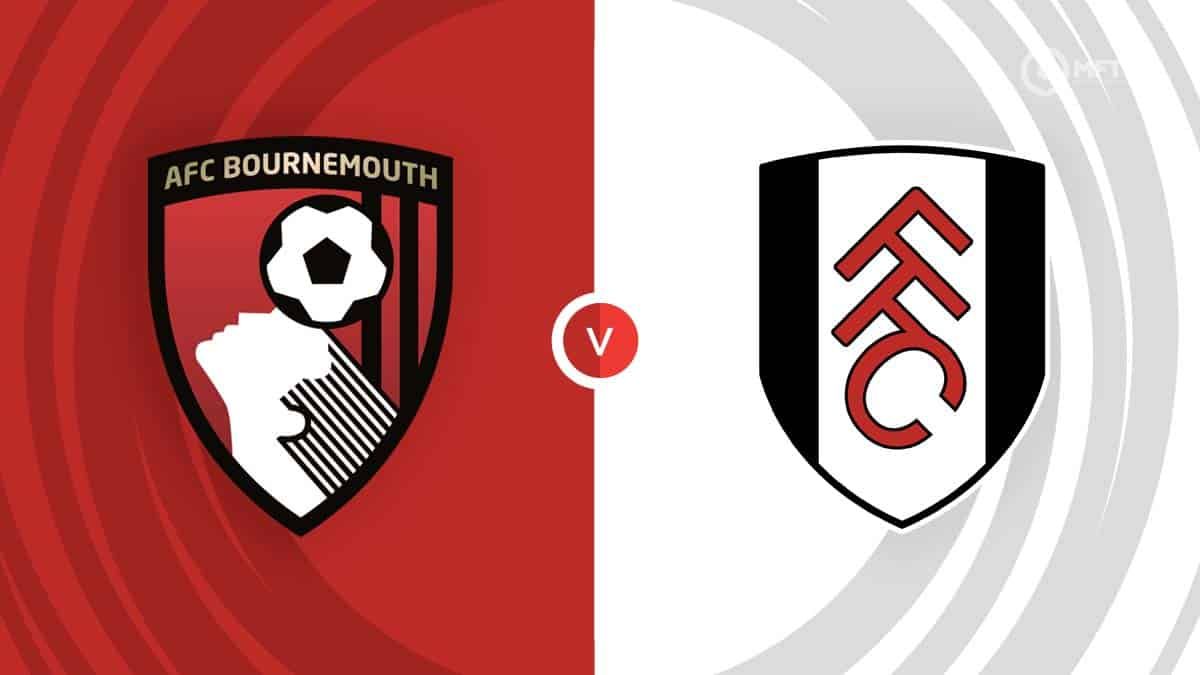What does card betting mean?
Card betting is a football wagering market where you predict the number of yellow and red cards a referee will show during a match. Rather than betting on goals or match results, you're focusing entirely on disciplinary actions, with markets ranging from simple over/under totals to specific player bookings.
Why is card betting important in betting?
- Offers alternative value opportunities when traditional markets seem difficult to predict
- Provides more betting options during matches with extensive in-play markets
- Allows for strategic betting based on referee statistics and team temperament data
Ready to master the art of card betting? Let's dive into the nitty-gritty of this increasingly popular market that's got punters buzzing more than a Pep Guardiola touchline rant.
Understanding card betting fundamentals
Card betting has exploded in popularity over recent years, and it's not hard to see why. You're essentially wagering on referee decisions rather than player skills, which opens up a completely different angle for your football punting. The beauty lies in its simplicity – you're predicting how many yellow and red cards will be brandished during a match.
The most common approach is the over/under market. Bookies might set a line at 3.5 cards, and you choose whether there'll be more or fewer than that number. It's straightforward stuff, but the devil's in the detail when it comes to finding value.
The booking points system explained
While total cards betting treats all cards equally, the booking points system adds weight to more serious offences. This makes perfect sense when you think about it – a horror tackle resulting in a straight red is far more significant than a soft yellow for time-wasting.
| Card Type | Points Value |
|---|---|
| Yellow Card | 10 points |
| Straight Red Card | 25 points |
| Two Yellows = Red | 35 points |
This system creates more granular betting lines, allowing bookmakers to offer markets like over/under 40.5 points rather than just whole card numbers. It's particularly useful when you're expecting a feisty encounter that might produce some serious foul play.
Key card betting markets
Total cards over/under
This is your bread and butter market. You're betting on the combined number of cards shown to both teams during the 90 minutes plus stoppage time. The line typically ranges from 2.5 to 6.5 cards, depending on the teams involved and the referee's track record.
Player to be carded
Here's where your research really pays off. You're backing a specific player to receive either a yellow or red card. Defensive midfielders and centre-backs facing tricky wingers are often good shouts, but don't overlook forwards who might lash out in frustration.
Team card markets
These markets focus on individual teams rather than match totals. You might bet on over 1.5 cards for Arsenal, or back Manchester United to receive more bookings than their opponents. It's particularly effective when you've spotted a mismatch in playing styles.
First and last card betting
Timing markets add another layer of complexity. You're predicting which player will receive the first booking of the match, or conversely, the last card shown. The odds are longer here, but the potential rewards are substantial if you can nail the timing.
💡Expert Tips: Premier League referees showed an average of 5.1 cards per game in 2024/25, up from 4.2 the previous season. This increase followed crackdowns on dissent and time-wasting, making over bets more attractive in recent matches.
Factors influencing card betting outcomes
Referee analysis
The man in the middle is your most crucial consideration. Some referees are card-happy, while others prefer to keep their book closed. Research shows John Brookes averaged 5.44 cards per game in 2024/25, while Andy Madley managed just 3.70. This data alone can swing your betting decisions significantly.
Match context and intensity
Derby matches, cup finals, and relegation battles typically produce more cards than meaningless mid-table encounters. The stakes matter enormously – players are more likely to risk bookings when there's everything to play for.
Team playing styles
Aggressive, high-pressing teams naturally commit more fouls than possession-based sides. Teams fighting relegation often show more desperation, leading to reckless challenges and subsequent bookings.
Common card betting mistakes to avoid
- Ignoring referee statistics and betting blind on “obvious” high-card games
- Assuming all derbies will automatically produce lots of cards
- Not checking team news – key aggressive players might be rested or injured
- Overlooking match importance – dead rubbers often see fewer cards
Advanced card betting strategies
Statistical analysis
Dig deeper than basic averages. Liverpool, for instance, saw opponents booked at a rate of 3.80 fouls per card in 2024/25 – the lowest in the Premier League. This suggests referees are quicker to book players when they're facing Liverpool, creating value in opponent player markets.
Handicap betting
When there's a clear mismatch in card tendency between teams, handicap markets offer excellent value. If Chelsea (who received 99 cards in 2024/25) face Manchester City (just 57 cards), you might find value in backing Chelsea -1.5 on the card handicap.
In-play opportunities
Card betting markets remain active throughout matches, allowing you to react to unfolding events. A controversial early decision or a nasty tackle can shift the entire dynamic of a game, creating fresh betting opportunities.
Quiz – Test your knowledge about card betting
1. How many points is a straight red card worth in the booking points system?
Answer: 25 points
2. What's the difference between total cards and booking points betting?
Answer: Total cards treats all cards equally, while booking points give more weight to red cards
3. Which Premier League referee averaged the most cards per game in 2024/25?
Answer: John Brookes with 5.44 cards per game
4. How many points does a player receive for two yellow cards resulting in a red?
Answer: 35 points (10 + 10 + 25)
5. What factors should you consider when betting on player cards?
Answer: Player temperament, opposition style, referee leniency, and match importance
Master your card betting strategy
Card betting offers genuine value for punters willing to do their homework. From referee analysis to team temperament studies, there's a wealth of data to exploit. Ready to take your football betting to the next level with comprehensive strategic guides?













































 GambleAware
GambleAware